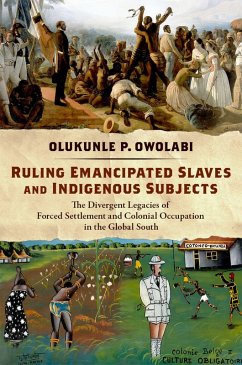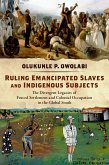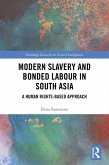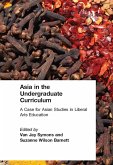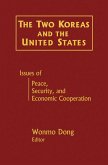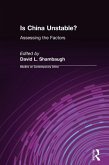An examination of the divergent developmental legacies of forced settlement and colonial occupation on both sides of the Black Atlantic world. The European powers that colonized much of the world over the last few hundred years created a variety of social systems in their various colonies. In
Ruling Emancipated Slaves and Indigenous Subjects, Olukunle P. Owolabi explores the divergent developmental trajectories of Global South nations that were shaped by forced settlement, where European colonists imported African slaves to establish large-scale agricultural plantations, or by colonial occupation, which resulted in the exploitation of indigenous non-white populations. Owolabi shows that most forced settlement colonies emerged from European domination with higher levels of education attainment, greater postcolonial democratization, and favorable human development outcomes relative to Global South countries that emerged from colonial occupation after 1945. To explain this paradox, he examines the distinctive legal-administrative institutions that were used to control indigenous colonial subjects and highlights the impact of liberal reforms that expanded the legal rights and political agency of former slaves following abolition. Spanning three centuries of colonial history and postcolonial development, this is the first book to systematically examine the distinctive patterns of state-building that resulted from forced settlement and colonial occupation in the Black Atlantic world.
Dieser Download kann aus rechtlichen Gründen nur mit Rechnungsadresse in A, B, BG, CY, CZ, D, DK, EW, E, FIN, F, GR, HR, H, IRL, I, LT, L, LR, M, NL, PL, P, R, S, SLO, SK ausgeliefert werden.

